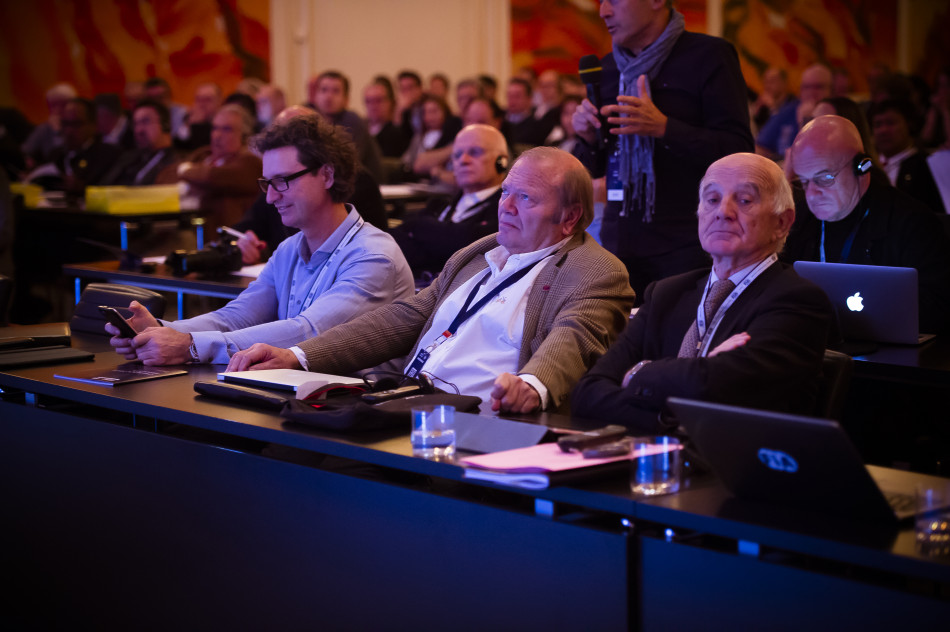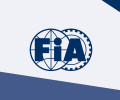Medical Summit: Keeping medicine in motor sport on track
Two-day medical forum discusses latest issues and safety advances

The 2016 FIA Medical Summit brought together leading motor sport medical personnel from around the world to discuss the latest developments in the field.
Professor Gérard Saillant, President of the FIA Medical Commission and the FIA Institute, opened the Summit and encouraged debate and interaction amongst the delegates.
“This meeting is very important for discussing new standards and developments in the FIA regulations and what has happened over the last year,” he said. “But in addition to discuss a lot of medical issues.”
The first day of the conference stimulated debate with two round table discussions on concussion and the use of cervical collars.
Dr Steve Olvey and Dr Peter Hutchinson presented research papers on concussion and this was followed by a discussion between F1 Medical Delegate Professor Jean-Charles Piette, Brazilian Grand Prix Chief Medical Officer Dr Dino Altmann and Global Institute Research Engineer Andy Mellor.
A second round table examined the use of cervical collars for trauma patients and led to a fascinating debate about the latest studies into this area. Chaired by German GP CMO Dr Michael Scholtz, the round table discussion featured contributions from WRC CMO Dr Jean Duby, WEC CMO Dr Alain Chantegret and British Touring Car Medical Director Dr Paul Trafford.
Papers were also presented on topics such as video laryngoscopes and the responsibilities of CMOs at motor sport events. FIA Safety Director Laurent Mekies finished the day with an update on developments for frontal protection on single seater cars.
FIA President Jean Todt opened the second day of the Summit, reaffirming the significance of this subject to the motor sport community.
“I attach the utmost importance to the question of safety in motor sport,” he said. “Among all the answers we seek to provide on a daily basis, the medical aspect is central. Doctors are at the head of the systems that we develop in order to respond ever more effectively.”
The second day of the Summit featured four interactive workshop sessions on areas such as airway management on track, extrication techniques and the use of a motor sport survival kit. Papers were presented on topics including consistency issues for extrication training, and simulator training of medical car and extrication teams.

 Facebook
Facebook Twitter
Twitter






